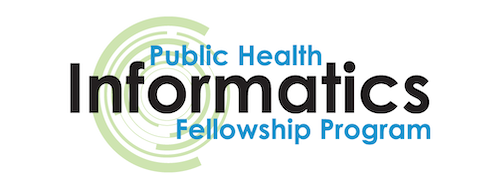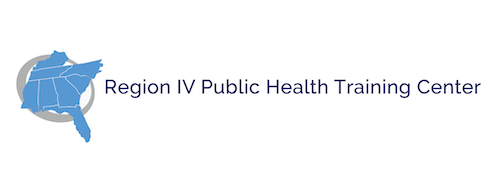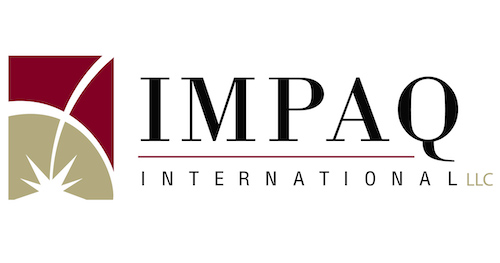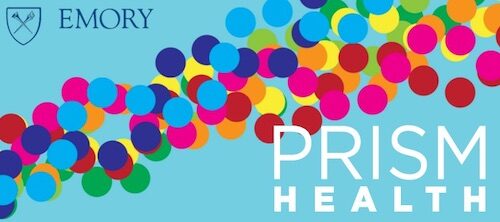Statistician, CDC Foundation
Category : Alumni
Description
The CDC Foundation seeks candidates for a Statistician/Data Manager position to conduct statistical analyses, data management, and data linkage activities designed to monitor health outcomes of assisted reproductive technology (ART). The Statistician/Data Manager will be hired by the CDC Foundation, and assigned to work at the Centers for Disease Control and Prevention’s (CDC) National Center for Chronic Disease Prevention and Health Promotion (NCCDPHP), Division of Reproductive Health (DRH), Maternal and Infant Health Branch (MIHB), Assisted Reproductive Technology Surveillance and Research Team located on the Chamblee Campus in Atlanta, Georgia. The Team oversees the National ART Surveillance System (NASS) and has a mission to promote the health of women and men who receive infertility services, their pregnancies, and their infants by conducting surveillance and research, creating and maintaining strategic partnerships, and moving science to practice. This is an outstanding opportunity to work with the nation’s lead agency charged with protecting the public’s health. The CDC Foundation offers a competitive salary and attractive benefits package. This is a two-year grant-funded position. Pending availability of continued project funding, there is a possibility for extension.
The Statistician/Data Manager will apply statistical and data science methodologies to build and analyze a unique, large and detailed population-level dataset. The Statistician/Data Manager will have the ability to work with a variety of data sources, including administrative and longitudinal survey data and will clean, manage, link, and analyze these data sources and participate in preparing manuscripts for publication. The Statistician/Data Manager will be expected to conduct data analyses, data management, and data linkage activities, to support expansion of linked datasets as well as explore spatial characteristics of datasets
Duties/Responsibilities:
- Perform simple and complex statistical procedures such as risk prediction, multivariable logistic regression, linear regression, and survival analysis and repeated-measures methods to evaluate study hypotheses.
- Serve as a technical expert with respect to all phases of statistical interpretation. Provide technical advice to peers and senior managers within and outside of the organization on statistical methods and techniques.
- Perform data matching from multiple administrative datasets with strict attention to accuracy.
- Perform exploratory analysis on expanded datasets.
- Build and evaluate predictive models, regression analyses, and other models and summarize the results in clearly written reports.
- Collaborate with investigators on research reports and papers.
- Document processes to ensure accuracy and outcomes of research.
- Evaluate inconsistencies and trends in the data and present hypotheses related to the implications in the analysis.
- Present findings to PI and incorporate the feedback into additional iterations of the report.
- Provide statistical expertise to researchers.
Qualifications:
- Master’s degree (or higher) in biostatistics, statistics, epidemiology, public health, or related field.
- Minimum of two years of experience relevant to Statistician responsibilities.
- Strong analytical and problem-solving skills.
- Strong written and verbal communication skills.
- Strong interpersonal skills and demonstrated success as a team player.
- Demonstrated ability to interact with individuals from a variety of disciplines and backgrounds.
- Demonstrated ability to multitask, prioritize responsibilities and activities, and handle multiple ongoing project activities while maintaining attention to detail.
- Capable of independent work with the production of high-quality output.
- Experience applying advanced statistical techniques to experimental design, data analysis, sampling, forecasting, quality control, and operations research.
- Knowledge of public health surveillance systems and analytical software such as SAS or SUDAAN.
Apply
- Resumes will be accepted through June 23, 2020.
- Click here to apply online!








Recent Comments